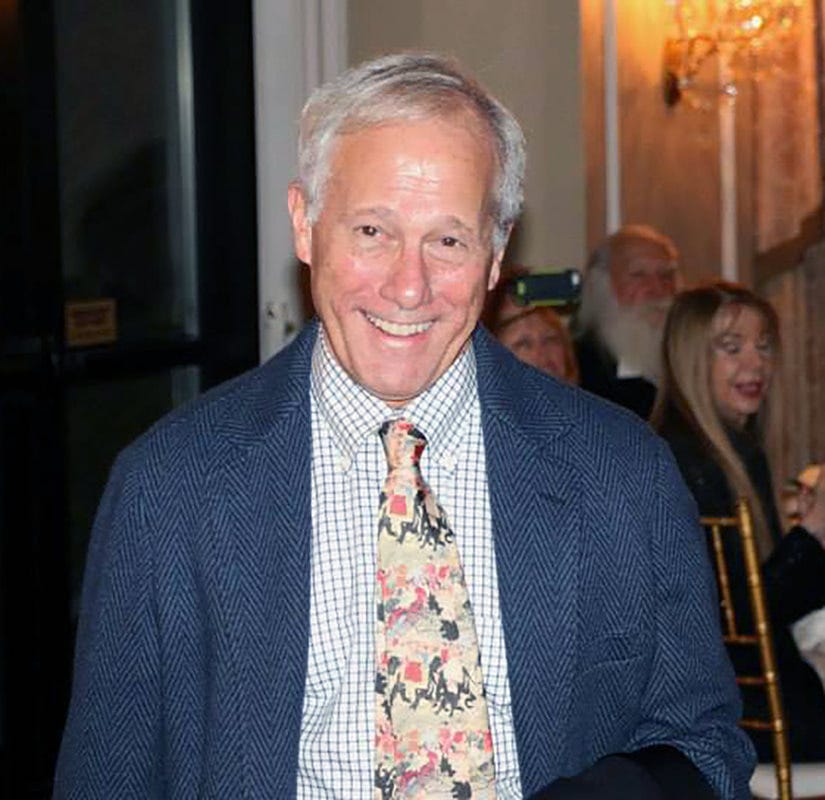
3.
Verse, I have come to think, is poetry written in pursuit of limited objectives: to entertain us with a joke or tall tale, to give us the inherent pleasures of meter and rhyme. It is not great art, nor is it trying to be. Verse, as Orwell says, tells us something we already know — as often as not something we know we already know. Verse is not an instrument of exploration, but rather a tool of affirmation. Its rewards lie not in the excitement of discovery, but in the pleasures of encountering the familiar. Verse does not seek to know the unknown or to express the unexpected, nor does it undertake the risk of failure which both entail.
“Serious” poetry, on the other hand, is written in pursuit of an open-ended goal. It seeks to use language, in its full potential, to encompass reality, both external and internal, in the fullness of its complexity. Unlike verse, poetry does not bring our experience of the world down to the level of the homily or the bromide, and sum it all up in a soothing platitude. It does not pursue simple conclusions or familiar returns. Rather it is a voyage of discovery into the unknown. Of the figure a poem makes, Frost says,
Like a piece of ice on a hot stove the poem must ride on its own melting…. Its most precious quality will remain its having run itself and carried away the poet with it…. It can never lose its sense of a meaning that once unfolded by surprise as it went.
A poem begins in delight, he says, and ends in wisdom. Verse begins in delight and ends in…more delight. The difference between poetry and verse, then, is the difference between an explorer and a tour guide. Verse tells us, finally, that all is well. Poetry, on the contrary, tells us that things are not as we thought they were. Verse does not ask us to change our lives. Poetry does.
At its best, verse can cross over into the realm of serious poetry. Children’s poetry, in particular, can speak at the same time to its intended audience of the young or very young, while holding the attention of an experienced reader.
’Twas brillig, and the slithy toves
Did gyre and gimble in the wabe:
All mimsy were the borogoves,
And the mome raths outgrabe.
Lewis Carroll’s “Jabberwocky” probably stands, today, even higher in the critical community than it does with young readers. Constructed wholly out of neologisms, the poem tells its tale from a parallel universe. Many of the new schools of poetry that followed in the 20th century could claim it a progenitor. With a little effort, you can even get Mother Goose and Dr. Seuss to resonate with contemporary poetry’s fascination for the non-rational. The nonsense of children’s verse converges with the non-sense of the fanciest experimental poetry.
Most verse has no following in the critical world because it needs none to be understood and appreciated. Most verse also receives no support from the programs of the Poetry Foundation (the exception is Children’s Poetry). This is not so much because the Foundation takes a position on the value of verse as poetry, although the legacy of Poetry magazine strongly inclines us to the “serious.” It is rather because the mission of the Foundation is to discover and address poetry’s greatest unmet needs. The estate of Tupac Shakur is presumably doing just fine without the Poetry Foundation, thank you very much. Whether “Jack and Jill ran up the hill” or “There once was a man from Nantucket,” there is a kind of poem that won’t get out of our ears even as it refuses our serious attention in the matter of its sense. There is a place in the poetry world for verse — if it is memorably written — and we wish it well.

Be the first to receive my essays by subscribing to my biweekly newsletter. As thanks for joining, you’ll receive a free PDF of my out-of-print book, Centennial Suite. To read more of my work, please visit my website at johnbarrpoetry.com.
John Barr’s poems have been published in five books, four fine press editions, and many magazines, including The New York Times, Poetry, and others. John was also the Inaugural President of the Poetry Foundation. His newest book, The Boxer of Quirinal, will be published by Red Hen Press in June 2023. You can view more of his work at johnbarrpoetry.com and on Instagram (@johnbarrpoetry).
Latest Posts
Free Newsletter Sign Up
Join over 8 thousand subscribers. Sign up to receive poems and brief thoughts about the state of the art of poetry a couple of times a month for free.
As a welcome gift, I’ll send you my free, digital chapbook The Subcutaneous Art: A Collection of Short Essays on Poetry on signup.
This collection comes from my lifelong engagement with poetry—an obsession that has never let go. Together, we’ll explore questions like: What makes a poem, a poem? Can a poet be wrong on everything—and the poem still be right?
